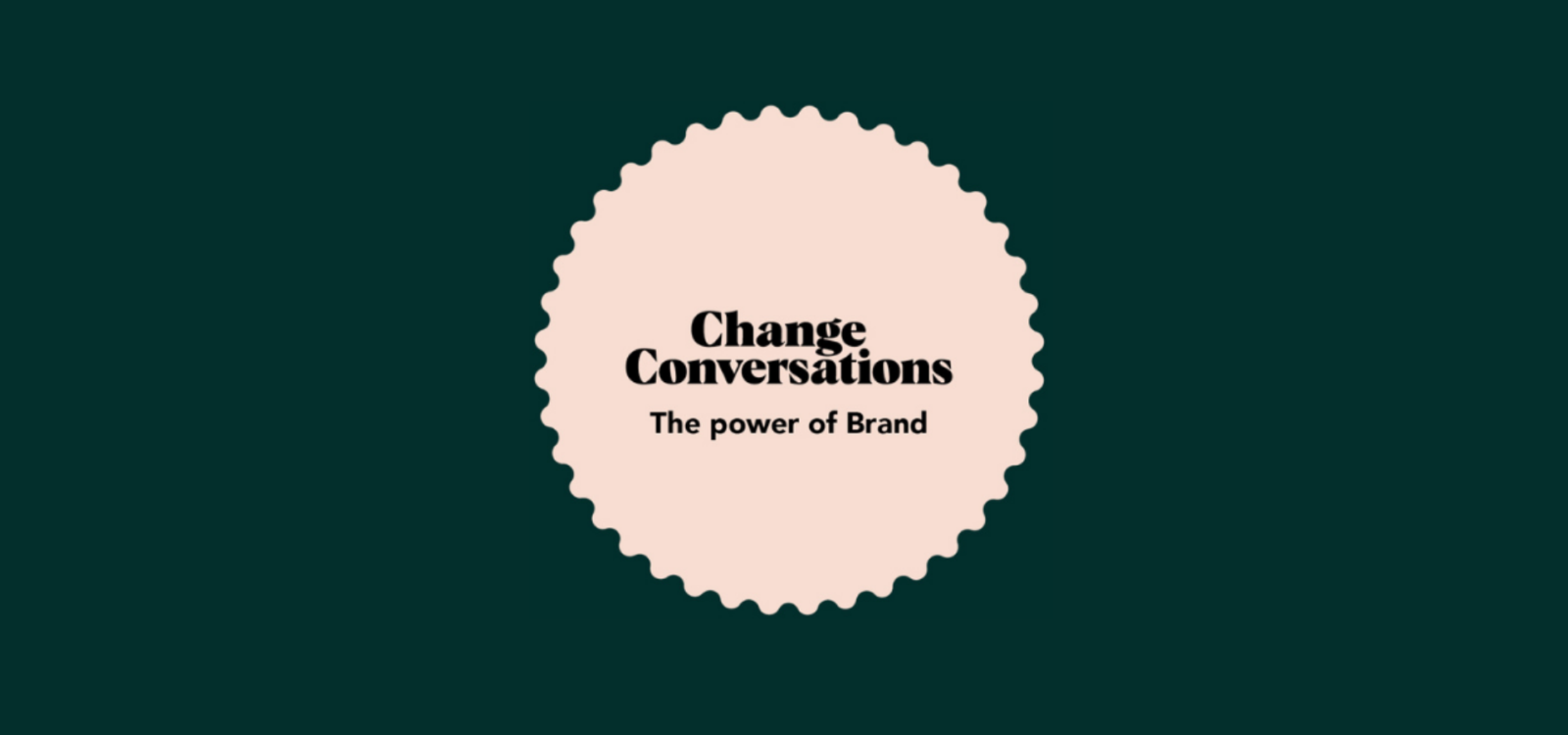
Change Conversations: The power of Brand
The power of Brand, the fourth in GOOD’s Change Conversations event series, sees a panel of leading experts from the sector uncover the relationship between brand and fundraising. We explore whether that has changed in a post-lockdown world.
As the conversation about brand within the third sector becomes increasingly important, the event is an insightful and fascinating discussion. We are joined by; Jayne George, Director of Fundraising, Marketing & Media at RNLI, Simon Antrobus, CEO at BBC Children in Need, Deborah Alsina MBE, CEO at Independent Age and Angela Cummings, Deputy Director of Marketing, Communications & Digital Services Sue Ryder. The panel is moderated by Nilesha Chauvet, GOOD’s Managing Director.
“Brand is not your logo, it’s not the branding, it’s far from that. It’s about your charitable ambition, you purpose, your values and your culture as an organisation. It’s about how you articulate those from an internal and external point of view.” – Simon Antrobus
A thread running through the discussion, and a point all the panellists refer to, is the importance of managing your brand through storytelling. For Simon, as CEO of one of the UK’s most iconic and loved charity brands BBC Children in Need, this is by continually refreshing and assessing the stories they tell of the children and young people they support.
“The brand is about the essence of the organisation” – Deborah Alsina
All four panellists agree that communicating brand well doesn’t necessarily require a huge monetary investment. However it must convey an authentic purpose. As Deborah says, the investment lies in getting everything under the surface right. Each panellist faces different challenges with that investment. However they all agree that if you establish that authenticity and strategy, the visible tip of the iceberg that donors and the world see always resonates.
“Donors must feel like you are their charity, they are never one of your donors” – Jayne George
By giving donors agency in your brand story, you hugely increase their engagement and support. For Jayne, as Director of Fundraising at RNLI, this means giving donors control in the difference their contributions will make and being confident in that. It is about recognising the contributions they make and honouring them. By acknowledging that donors are giving you their trust and their donations, you are acknowledging that they are part of something much bigger and effecting real change.
“Your brand is other people’s perceptions of you” – Angela Cummings
Angela provides an interesting perspective, as Sue Ryder have just undergone a brand re-fresh. They have launched two campaigns that communicate the wide range of services they offer as a palliative, neurological and bereavement support charity.
All four panellists agree that this consistency in brand gives donors and the public clarity of your purpose and that this is vital to the strength of your brand.


